All Formats & Editions

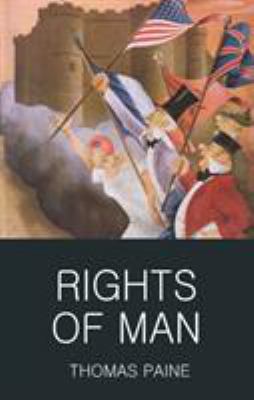

Rights of Man
Rights of Man , written by Thomas Paine , is a seminal work of political philosophy that has been highly influential in the development of modern democracy. Published in 1791, the book argues that all individuals are born with certain natural rights and that governments are created...

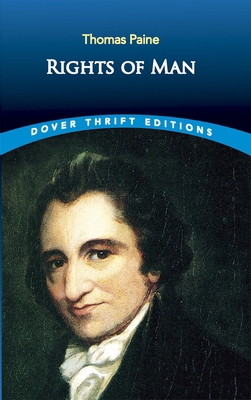
Rights of Man
One of the most influential writers and reformers of his age, Thomas Paine successfully publicized the issues of his time in pamphlets that clearly and persuasively argued for political independence and social reform. Rights of Man, his greatest and most widely read...
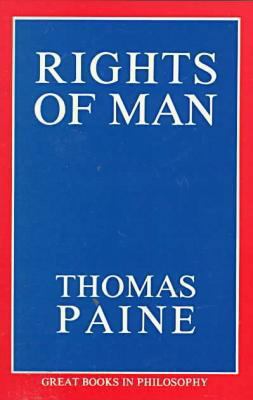
Rights of Man
Written in part as a theoretical reply to the stodgy conservatism of Edmund Burke's Reflections on the French Revolution (1790), Paine's Rights of Man (1791-92) sets forth a manifesto of popular democratic rule in the established tradition of John Locke and Jean-Jacques Rousseau...
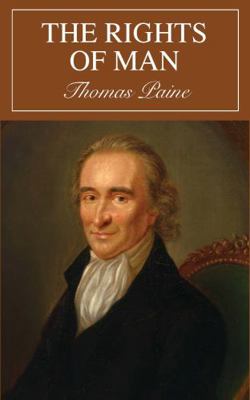
Rights of Man: Being an Answer to Mr. Burke's A...

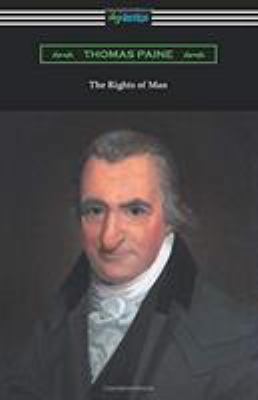
The Rights of Man
Originally published in two parts in 1791 and 1792, "The Rights of Man" is Thomas Paine's defense of the French Revolution in response to Edmund Burke's criticism in "Reflections on the Revolution in France." A classic work of The Age of Enlightenment, "The Rights of Man"...
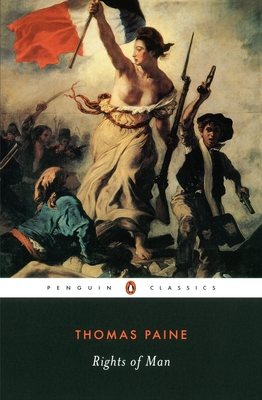
Rights of Man
One of the great classics on democracy, Rights of Man was published in England in 1791 as a vindication of the French Revolution and a critique of the British system of government. In direct, forceful prose, Paine defends popular rights, national independence, revolutionary...
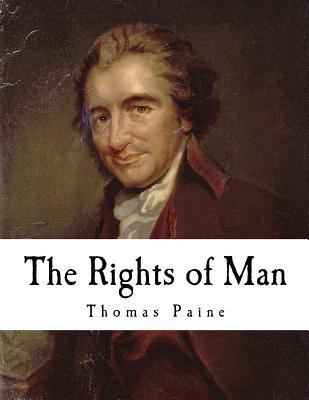
The Rights of Man: Thomas Paine
The Rights of Man: Thomas Paine. The astonishment which the French Revolution has caused throughout Europe should be considered from two different points of view: first as it affects foreign peoples, secondly as it affects their governments. The cause of the French people is...
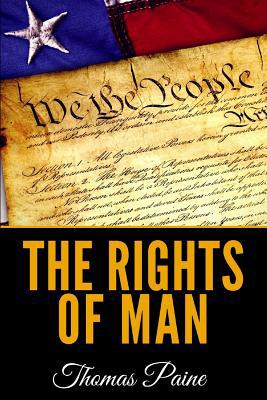
The Rights of Man
Among the incivilities by which nations or individuals provoke and irritate each other, Mr. Burke's pamphlet on the French Revolution is an extraordinary instance. Neither the People of France, nor the National Assembly, were troubling themselves about the affairs of England,...

The Rights of Man
One of Paine's greatest and most widely read works, considered a classic statement of faith in democracy and egalitarianism, defends the early events of the French Revolution, supports social security for workers, public employment for those in need of work, abolition of laws...
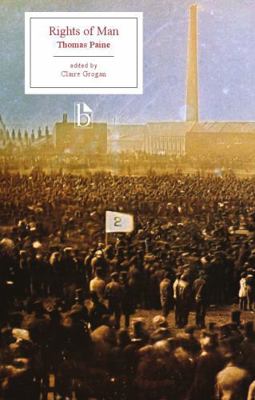
Rights of Man
Advocating equality, meritocracy, and social responsibility in plain language, Thomas Paine galvanized tens of thousands of readers and changed the framework of political discourse with this text. He was tried and convicted for sedition by the British government for publishing...
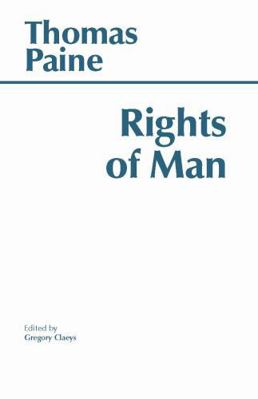
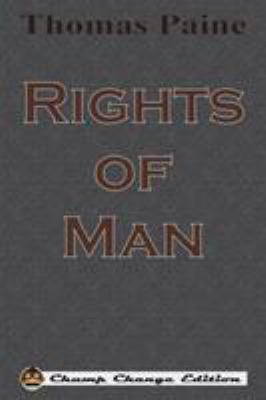
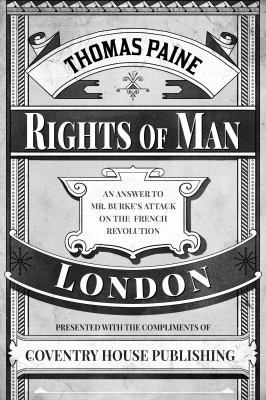
Rights of Man (Annotated)


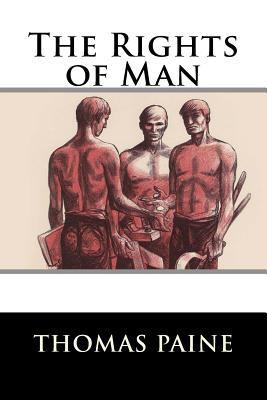
The Rights of Man
First published in two parts in March 1791 and February 1792, Thomas Paine's The Rights of Man posits that popular political revolution is permissible when a government does not safeguard the natural rights of its people. Radical in his philosophy, Paine believed that government...
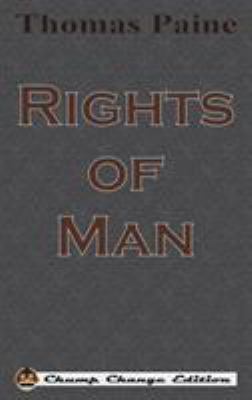
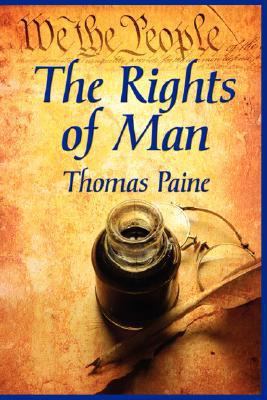
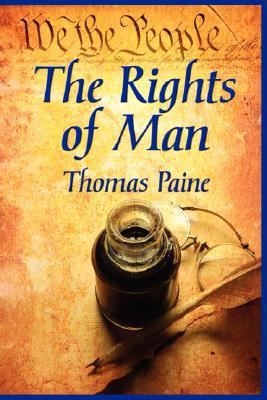
The Rights of Man
In The Rights of Man, Thomas Paine defends the representational form of government. He posits that all men are born with God-given rights that cannot be taken from them by any government. Paine's position on inalienable rights played a major role in the Bill...
![Rights of Man [German] 0760762384 Book Cover](https://m.media-amazon.com/images/I/41NL3ikE7NL._SL500_.jpg)




